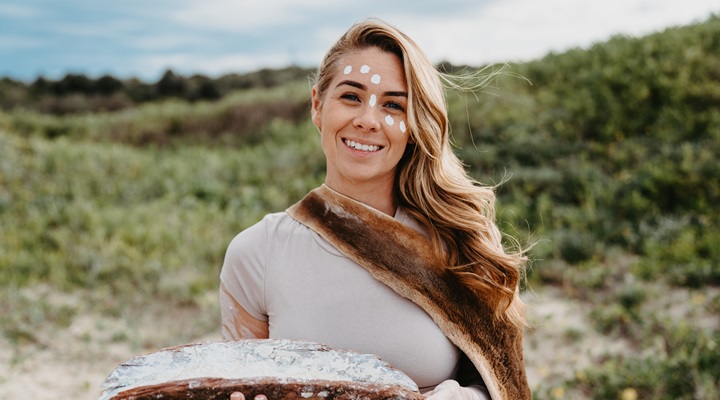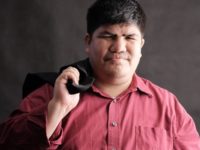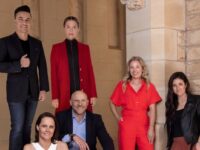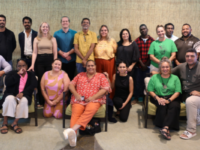This week, we have engaged in a conversation with Hayley Goodrick, a mother and early childhood teacher who advocates for Indigenous education through the organisation Djalgala Aboriginal Education. A Gangalidda woman, Hayley has developed and launched various Indigenous cultural immersion programs and professional development workshops catering to primary, high schools and early learning for over four years, helping educators impart to the youth a deep understanding and respect towards Australia’s Indigenous communities and their culture.
ISB: What inspired you to launch Djalgala?
HG: As a proud Gangalidda woman, I recognised the need for culturally inclusive practices within early learning, primary and secondary education. My goal was to create a platform that not only shared the richness of Aboriginal culture but also provided educators and teachers with the tools and confidence to incorporate these perspectives meaningfully in their classrooms, ensuring that all children grow with an understanding and respect for Indigenous knowledge and cultures.
ISB: How did you get the organisation off the ground?
HG: Getting Djalgala off the ground required a blend of cultural knowledge, educational insight, and business strategy. Drawing on my background as an early childhood educator and former service director, I began by engaging with educators to understand their challenges in embedding Indigenous perspectives and then designed services and resources to address those needs. Building strong relationships with schools and early learning services was key, as was establishing a solid online presence through our website and social media platforms. These efforts laid the foundation for Djalgala’s growth, allowing us to create meaningful impact from the very beginning.
ISB: What tools and resources is Djalgala offering to help educators gain confidence and cultural competence?
HG: Djalgala offers a comprehensive range of tools and resources to support educators and teachers in embedding Indigenous perspectives into their teaching practices, with multi-tiered payment options designed to accommodate the specific budget of each service or school. Our offerings include In-person Professional Development Seminars for teachers and educators to embed Indigenous perspectives and deepen their understanding of Aboriginal culture, including the historical injustices faced by Indigenous communities, our ‘Embracing and Embedding Indigenous Perspectives’ One-Year Program for early learning educators, Cultural Resource Kits that include culturally significant items like kangaroo skin, emu caller, ochre, clapsticks, and boomerang, Staff and School Uniform Design Featuring Aboriginal Art, and Traditional Ceremonies and Cultural Immersion Incursions.
ISB: What are some challenges in including Indigenous perspectives in education, and how does your business tackle them?
HG: A significant challenge is the lack of confidence among educators and teachers in accurately and respectfully incorporating Indigenous perspectives. This often stems from a fear of misrepresentation or causing offense. Djalgala addresses this by offering professional development opportunities and ongoing support in a culturally safe space, utilising tools like Zoom check-ins and comprehensive courses. We create a supportive environment where educators and teachers can learn, ask questions, and grow their cultural competence, ensuring that Indigenous perspectives are embedded authentically and respectfully.
ISB: What impact has Djalgala had so far?
HG: Djalgala has made a significant impact across the early learning, primary, and secondary education sectors. Our resources and programs have empowered educators and teachers to confidently incorporate Indigenous perspectives into their curriculum, creating more inclusive and culturally rich learning environments. As a result, schools and early learning services are now better equipped to embed Aboriginal perspectives The feedback from educators and schools has been overwhelmingly positive, with many highlighting an increased cultural competence among their staff. This positive reception has strengthened our resolve to expand our offerings and continue supporting educators in their journey toward cultural inclusivity.
ISB: Where do you see the business going in the next few years?
HG: I see Djalgala expanding nationally, offering more online courses and resources for early learning, primary, and secondary education. We plan to empower educators further through professional development and expand our services to include culturally inclusive spaces like yarning circles and bush tucker gardens. Our vision is to become a leading provider of Indigenous cultural education across Australia, ensuring children grow up with a strong foundation in understanding and valuing Indigenous cultures.
















